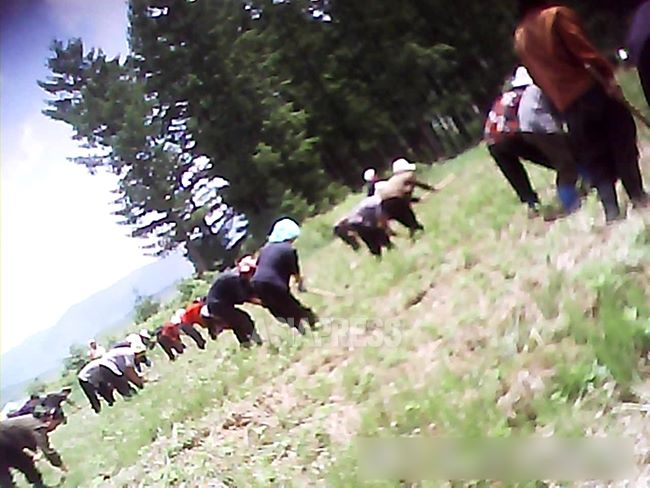
◆ “Farm shock brigades” made up of urban workers are being sent to agricultural areas
Starting on April 17, North Korea began full-scale efforts to mobilize the country’s urban workers to agricultural areas. In fact, the authorities are demanding that all able-bodied workers be sent to agricultural areas. An ASIAPRESS reporting partner in North Hamgyung Province provided the latest on the situation in the country. (KANG Ji-won)
In North Korea, the government’s mobilizations of people to farming areas is referred to as “battles to support farms.” These mobilizations take place twice every year: once in the spring, and again in the autumn. There are two types of mobilizations that take place: some workers go to farms and then return home after a day’s work; others stay at the farms for a specified period. This year, companies and factories have put together “farm shock brigades” that will work at designated farms over the course of a year. The mobilization of housewives and students is expected to start soon. Below is an interview with a reporting partner, “A.”
―― We’ve heard that the mobilization of urban workers has begun in earnest recently.
“A”: The mobilization of urban workers to farm areas began today (April 17). Around 1/3 of the workers at city-based companies will be sent to nearby farms under the umbrella of ‘farm shock brigades,’ but there’s not much farmwork to do right now apart from picking up rocks, plowing the soil, removing humus (mold), preparing irrigation canals, and other tasks to prepare for planting. The workers are essentially being ordered to prepare the fields before the plowing of the fields with manure.
―― The mobilization of urban workers this year has taken place more quickly than in past years. Why?
“A”: In the past, full-scale mobilizations started at the rice planting season, but this year, the government is mobilizing everyone while emphasizing that preparations need to be done properly so that the country can increase its food supply. I’ve heard that even the military is sending soldiers to farming areas to engage exclusively in farm-related activities.
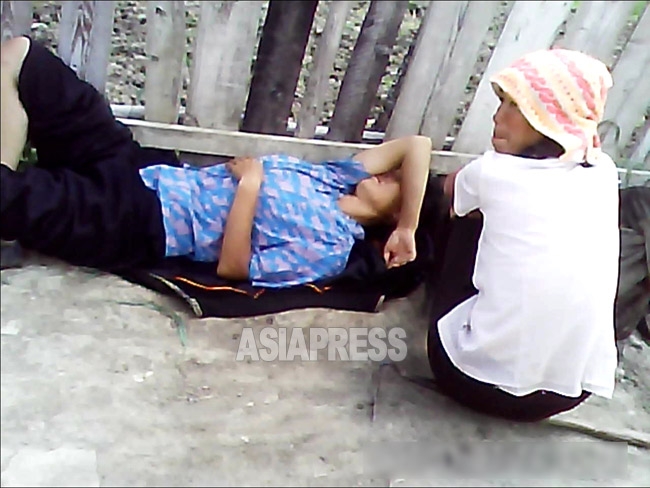
◆ Farms are concerned about thefts by urban workers
―― We’ve heard that the government is also calling for farms to find as much new land to farm as possible, otherwise known as the “finding new land” campaign.
“A”: In the past, farm workers placed rocks they found on fields to the side of the crop fields, but this year they are being told to plant as much corn as possible in those same areas. This shows how much emphasis the government is placing on finding new farmland. The rocks are being moved to other areas instead.
-How are the urban workers mobilized to the farms being managed?
“A”: The heads of the ‘farm shock brigades’ being sent to farms from city-based companies are now being made responsible for the autumn harvest. Every week, the heads of the brigades discuss with the farms about how many people will be mobilized. Work tasks are then selected and there’s even a system to report the results of those tasks up the line. In short, the urban workers mobilized to the farms are being treated just like ordinary farmers.
―― How are the farms feeling about receiving the new workers?
“A”: The farms are conducting thorough management of the new workers to ensure that none of them fall through the cracks. The farms are also ordering farmers to make sure that none of the seeds or crops are stolen. Right now, farmers are simply monitoring the activities of the new workers.
※ ASIAPRESS communicates with reporting partners through Chinese cell phones smuggled into North Korea.
- <Inside N. Korea>The authorities strengthen punishments toward those engaging in the “non-socialist” practice of living together outside of marriage, even dragging violators in front of public trials and punishing them with forced labor
- <Inside N. Korea> “Just one piece of laundry soap and a couple kilograms of corn…” ASIAPRESS asks N. Koreans about the special rations for Kim Il Sung’s birthday
- <Interview with N. Korean> Conducts mass mobilization to farming communities: “People are being ordered to increase grain production to the death”… Even farmers are suffering from lack of food
- <Investigation> Changes in how young people view military service: “Why do we need to become soldiers if we’re a strong country with nuclear weapons?”
- <Interview with Two N. Korean> The 1.4 million young people petitioning for the military was just for show…they know they won’t have to join up to fight against the Americans and South Koreans
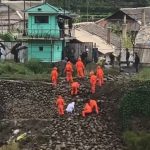

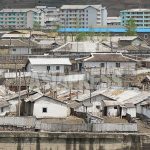

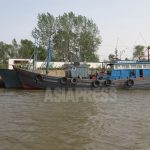
![<Latest Photo Report> Scenes of North Korea Captured by Super Telephoto Lens (1) Residents Replaced by Border Guards Along the Riverside [ISHIMARU Jiro]](https://www.asiapress.org/rimjin-gang/wp-content/uploads/2021/08/202107kokkyou1-01-150x150.jpeg)



















